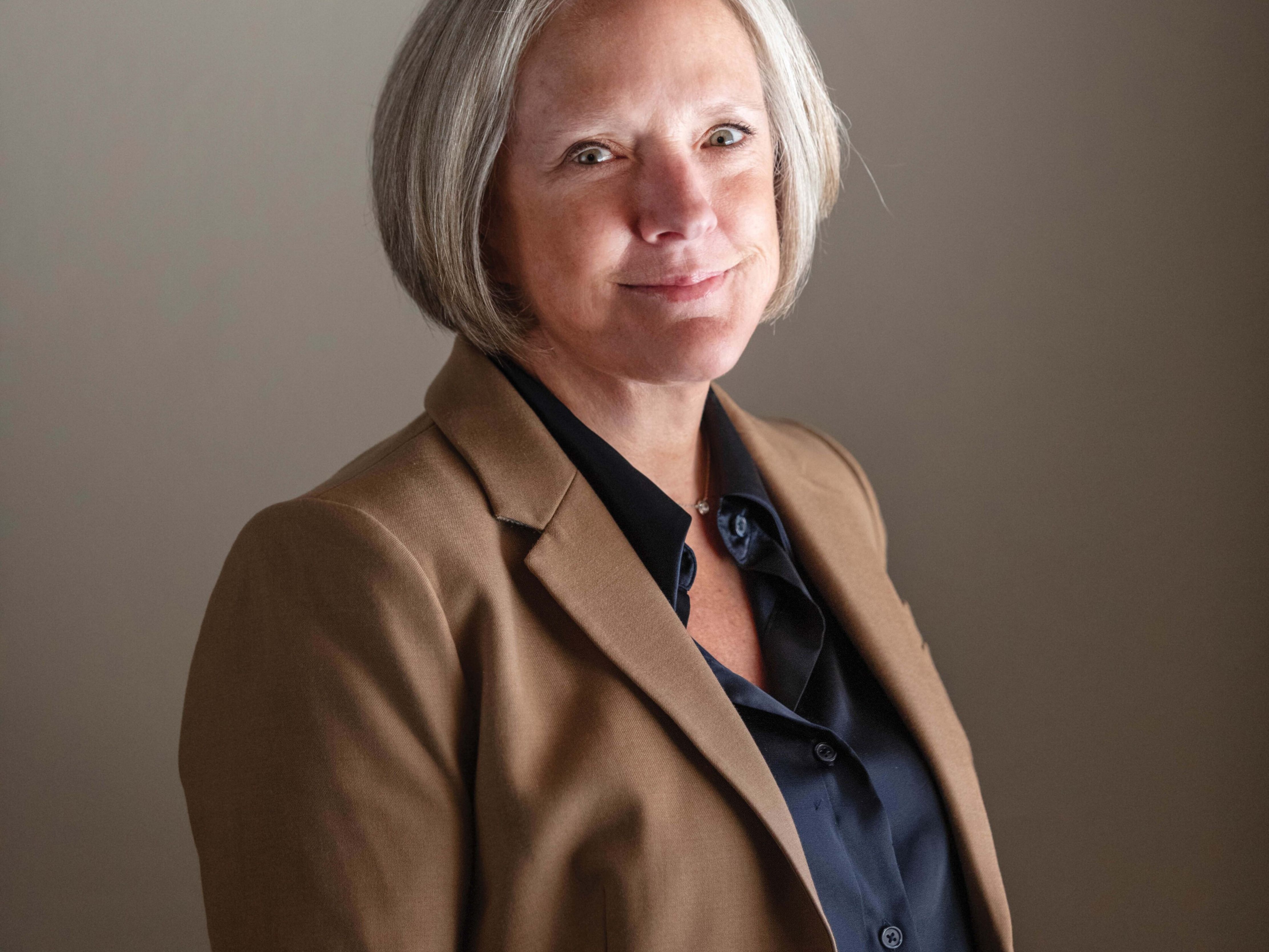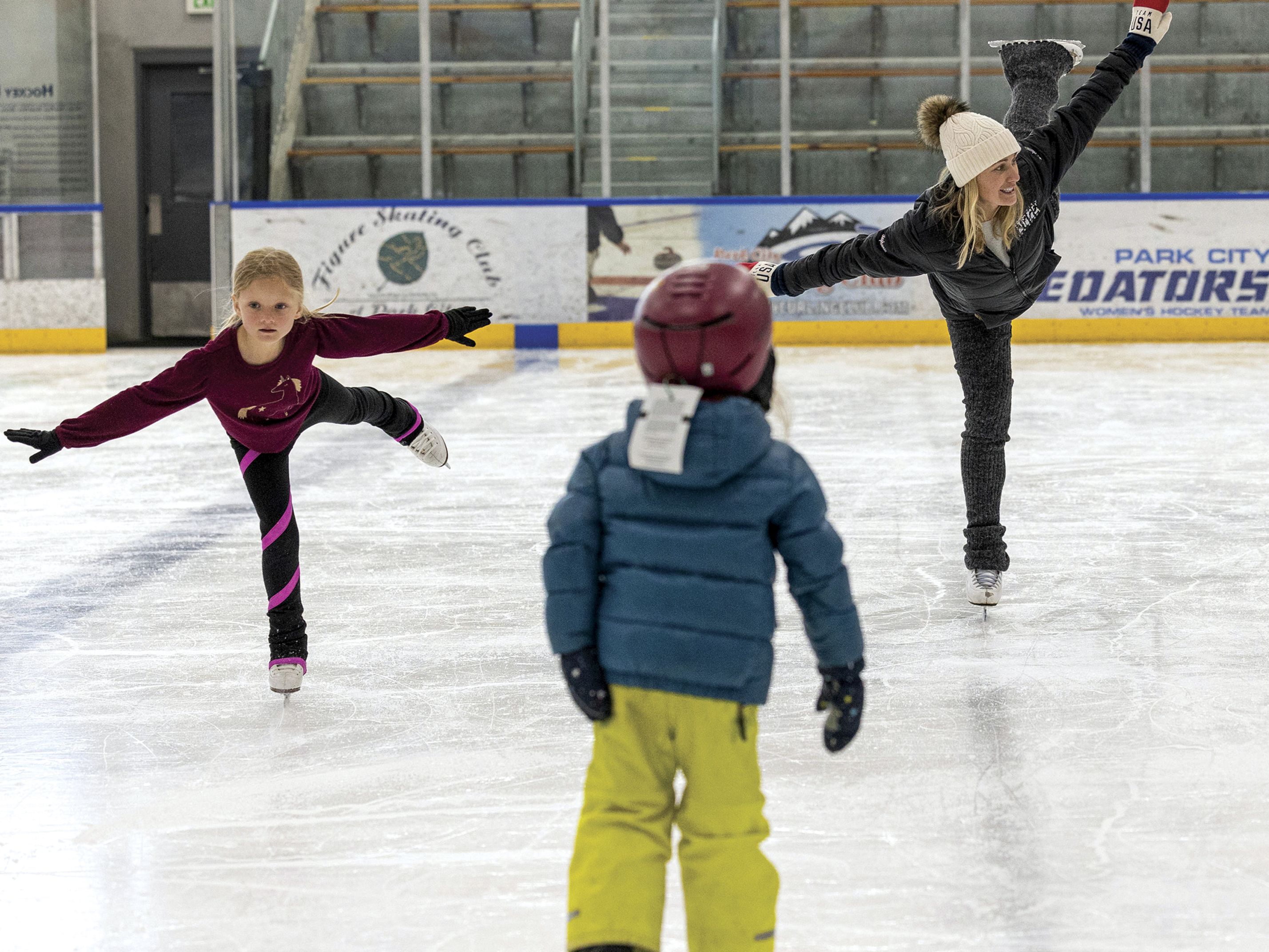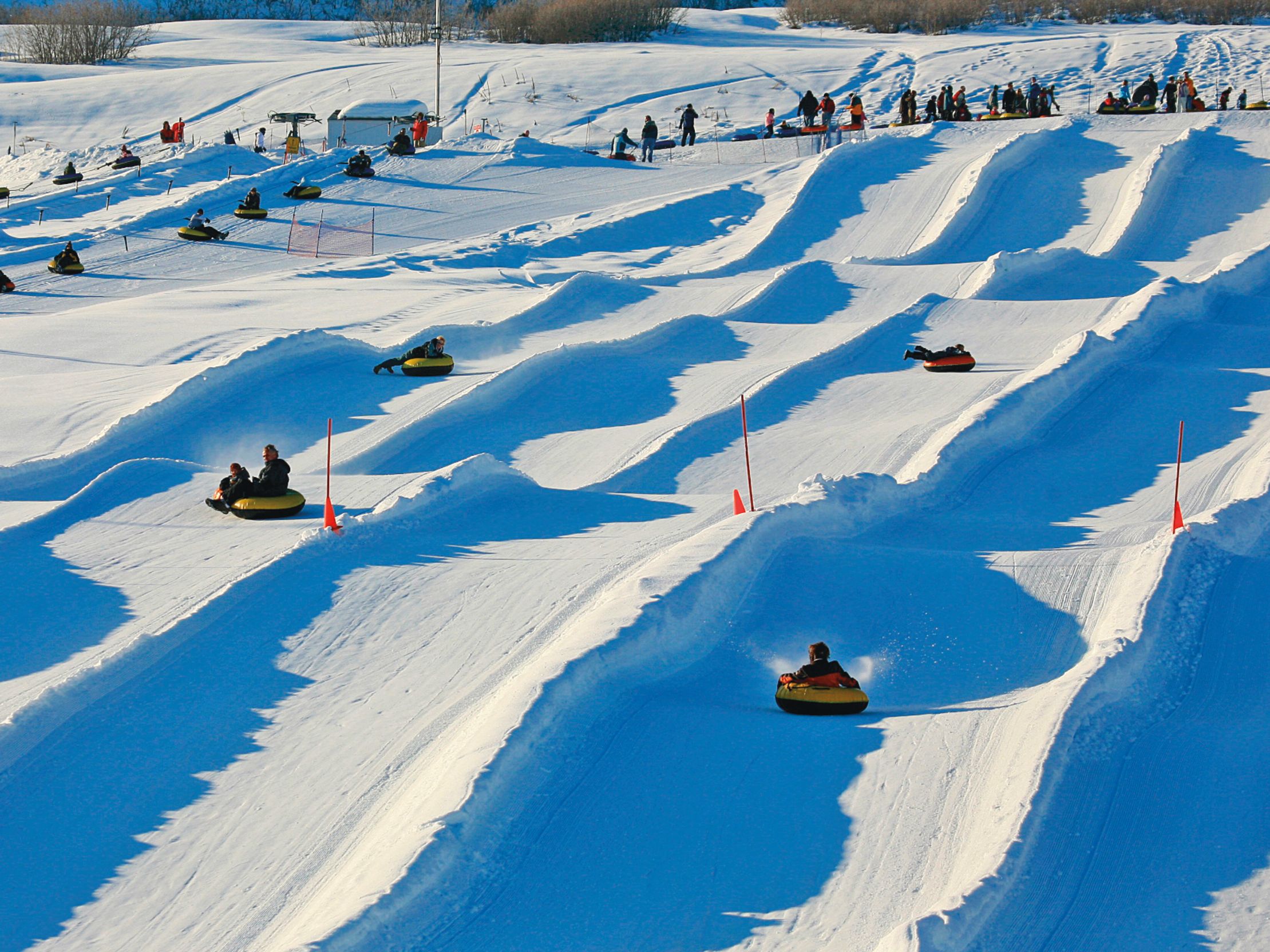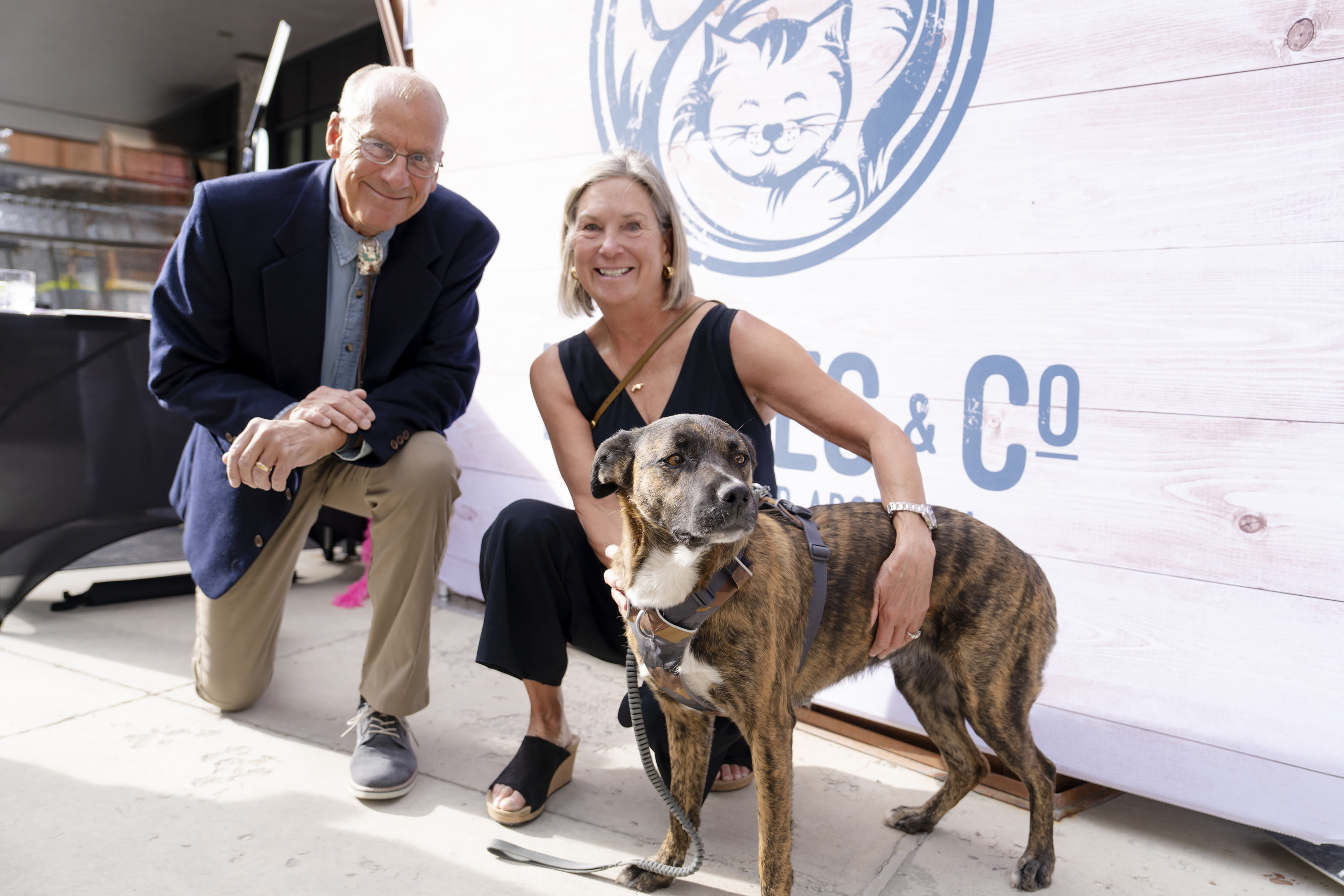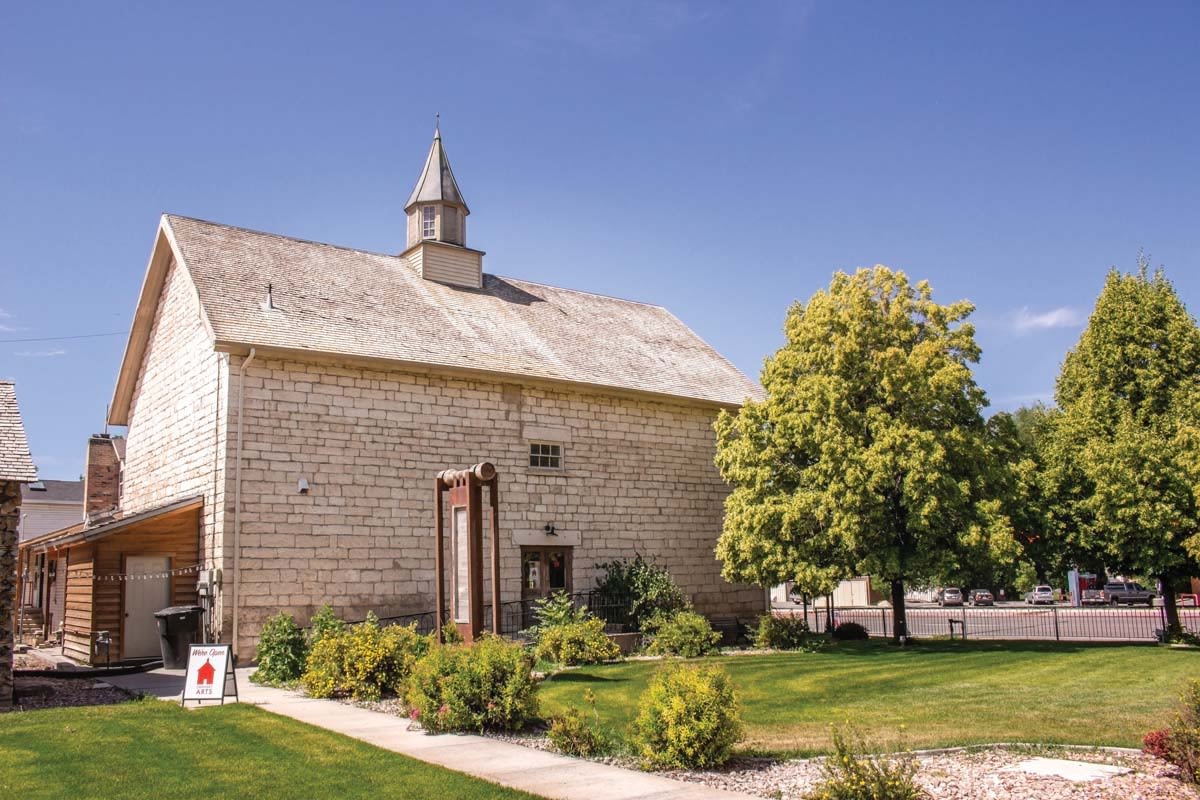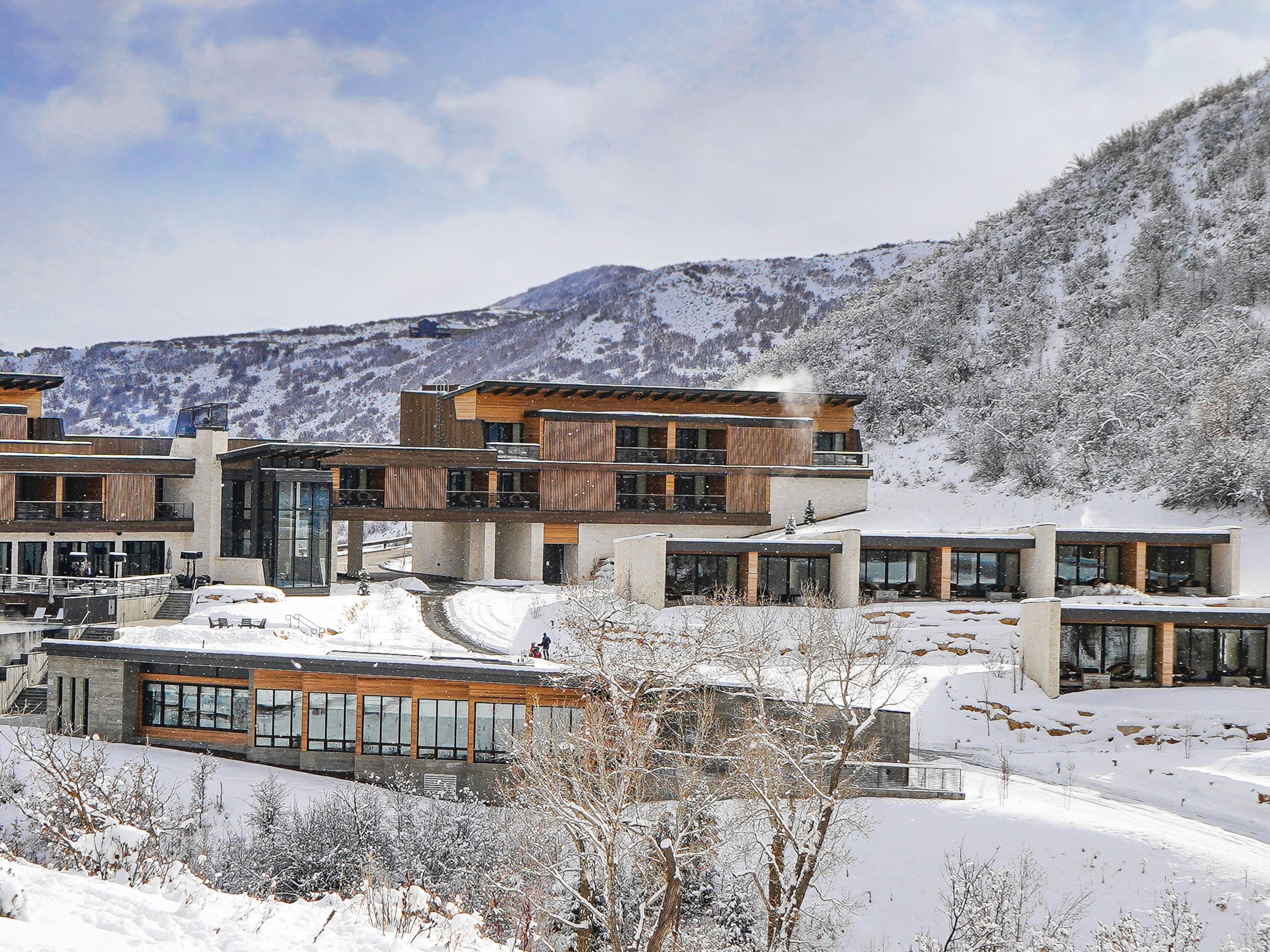Local Color

High Flier Hans Fuegi
Hans Fuegi arrived in Park City in 1980 just “wanting a season of powder skiing under my belt. Now I’ve had 30,” he laughs. A Swiss native with a business school degree, Fuegi traveled the world (“hippie years” in South America by way of a VW van; working for a resort hotel company in Europe and Mexico; and guiding jeep convoys in Algerian and Tunisian deserts) before following his girlfriend Sally (now his wife of 29 years) out West, where he fell madly in love with Park City, “not just the place, but the people—that’s what kept me here.”
People are what it’s all about for Fuegi. Owner of the iconic Grub Steak since 1991, the restaurateur celebrates its 35th anniversary this year, 20 of those years on his own watch. He says the number of return customers feeds his soul. “More often than not, people say, ‘Our family has been coming here for 30 years.’ That kind of feedback makes me think we’re doing the right thing,” he explains. “And since I have such a good staff, it allows me to do a lot of other things I want to do.”
The list of “other things” is impressive. Fuegi was on the Chamber Bureau board for four terms; was attaché for the Swiss Olympic team during the 2002 Olympic Winter Games; helped found the Park City Restaurant Association; sits on the boards of the National Ability Center, the Utah Office of Tourism, and the Utah Restaurant Association; and is an Angel Flights pilot.
“I learned to fly years ago and own a single-engine turboprop,” Fuegi says of his fly-boy ways. “Angel Flights provides transportation for people with medical needs. Sometimes people who live elsewhere need treatments in Salt Lake City hospitals and don’t have the means to get here by themselves. We have a network of pilots who transport patients free of charge. You see some rough stuff, but you also see some very grateful people. It’s very moving.”
“I’ve been so fortunate and this town has offered me so much,” Fuegi says. “I try to give something back every day. That’s what living in a small town is all about.”
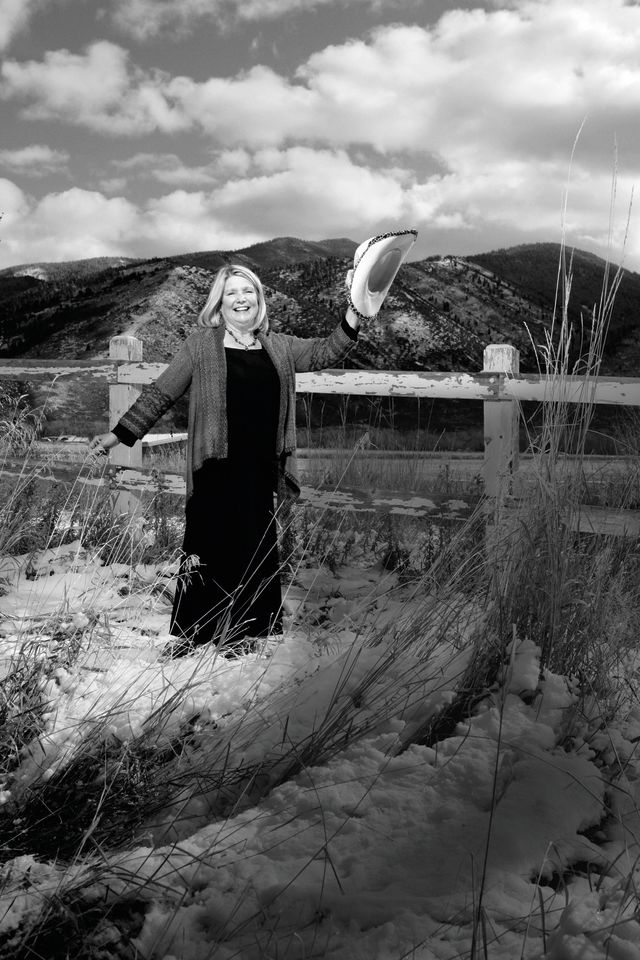
The Educator Jane Patten
Peace House Executive Director Jane Patten has embraced the unexpected many times in her life. She came to Utah in 2004 looking for an “I-don’t-give-a-damn job with no responsibility.” She had spent a 20-year stretch managing a YMCA, running an outdoor adventure program for 1,000 students, raising two children, getting divorced, and feeling the pain of living in an East Coast community that was deeply affected by loss of life from 9/11. “I was hired as the office manager for Peace House,” she recalls, “and thought I’d take it easy. But three months later, the director left. I have now served as director for the past seven years!”
Patten is the gentle face of Peace House, serving on local and state committees, writing grants, coordinating volunteers, and, most importantly, educating our community about domestic violence. Her message? “No one deserves to be abused. You can make choices about your relationships and have healthy ones. People forget that domestic abuse crosses all lines—financial, cultural, ethnic. We think of domestic violence as a black eye or broken bones, but abuse can also be verbal or financial.
“Different people need different types of resources to end violence. They may need a shelter, or understanding what the dynamics are within their family, or figuring out how to exit an unsafe dating relationship.”
Patten’s sense of humor (“I never use the term ‘battered women.’ What does that mean? Dip them and fry them?”) and her outdoorsy personal life keep her grounded in what can be a tough job. She’s a former yoga instructor and an avid hiker and backpacker who completed Mount Rainier’s famed Wonderland Trail (93 miles) on her 50th birthday. “Knowing that the only way to get there was by my own two legs—it’s a huge sense of accomplishment,” she says.
“What feeds my soul in this job are the people that support Peace House: donors, staff, volunteers, board members, police and sheriff departments, city and county officials,” she says of Peace House. “They are so dedicated and hard-working.
“This is a very special community,” Patten continues. “People want to get involved. They don’t say, ‘This is too tough; I don’t want to look at this issue.’ Instead, it’s, ‘Oh! I didn’t really understand domestic violence. Now that I do, how can I be part of this?’” As Patten knows so well, sometimes the most meaningful opportunities to share your talents arise when you least expect them.
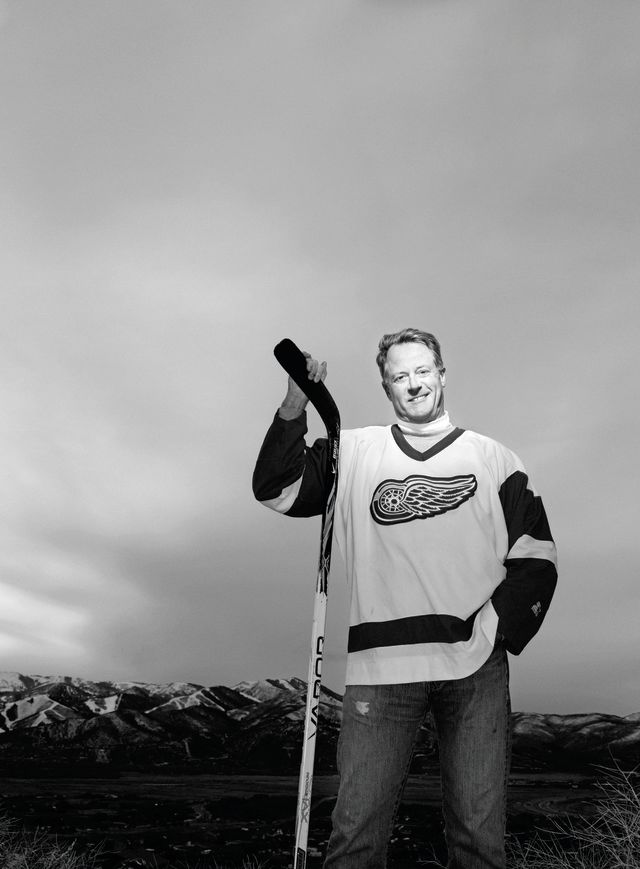
The Ice Man Randy Hanskat
You could say that Randy Hanskat, a copywriter and sports fanatic (he was the first sportswriter at The Park Record in the early ’80s), is the Santa Claus of Park City skating enthusiasts. Under the cloak of night, while young hockey players are sleeping, Hanskat is out shoveling, spraying water, and leveling an icy surface until it becomes perfect glass, glittering under the moonlight and waiting to be discovered by delighted youngsters at dawn.
The Michigan native “used to play pond hockey in the woods all the time,” he says. Hanskat had always wanted to recreate that hometown rink experience for his own sons. When Willow Creek Park was built just around the corner from his house, he recognized that the time had come.
Using his own snowblower on a newly created pond, Hanskat cleared it, put an auger through the ice, and dropped a sump pump through with a hose on it. “It was a really slow flow; the water would freeze before it spread out,” he recalls. Though he never officially “asked” if he could build the rink, construction crews hooked him up with water and electricity and then the fire department gave him “300 feet of hose they weren’t using.”
That sort of made his rink official, and it’s been an ongoing passion project ever since. “I work at night, because I have to wait for after dinner and putting the kids to bed,” Hanskat explains. “I have to flood the rink about three times a week. I’ll be out there until midnight with my Coleman lantern, smoking a cigar, playing old music like Frank Sinatra, my hands frozen and the wind blowing in my face when everyone else is at home watching a movie or sitting by the fire.
“Sometimes my wife says, ‘You’re an idiot,’ but I am obsessed with it. When people start using the rink, I want it to be nice.” Hanskat even makes “Rulz of the Rink” signs to keep it that way, with messages like, “Be nice to the little kids,” “Please scrape off the snow” (he leaves a supply of shovels there), and “If your skates are digging deep trenches, go bowling instead!” He signs them, “The Ice Man.”
This will be the Ice Man’s seventh winter caring for the rink. The county has now purchased Hanskat a snow blower and a water-spreader (“I’m my own Zamboni!”) and lets him use park benches for seating. Not that too many people come here just to watch—or need to wait their turn. “There are people out here all day,” Hanskat says. “There will be pickup games of 15 on 15: little shrimpy kids and adults and big kids. It’s great.
“It requires a lot of hours,” he admits, “but I can’t bail on it now. I’ve lived here a long time. I wanted to do something that would really help the kids around here. I’m not going to run for office or something. This is my community service.”

